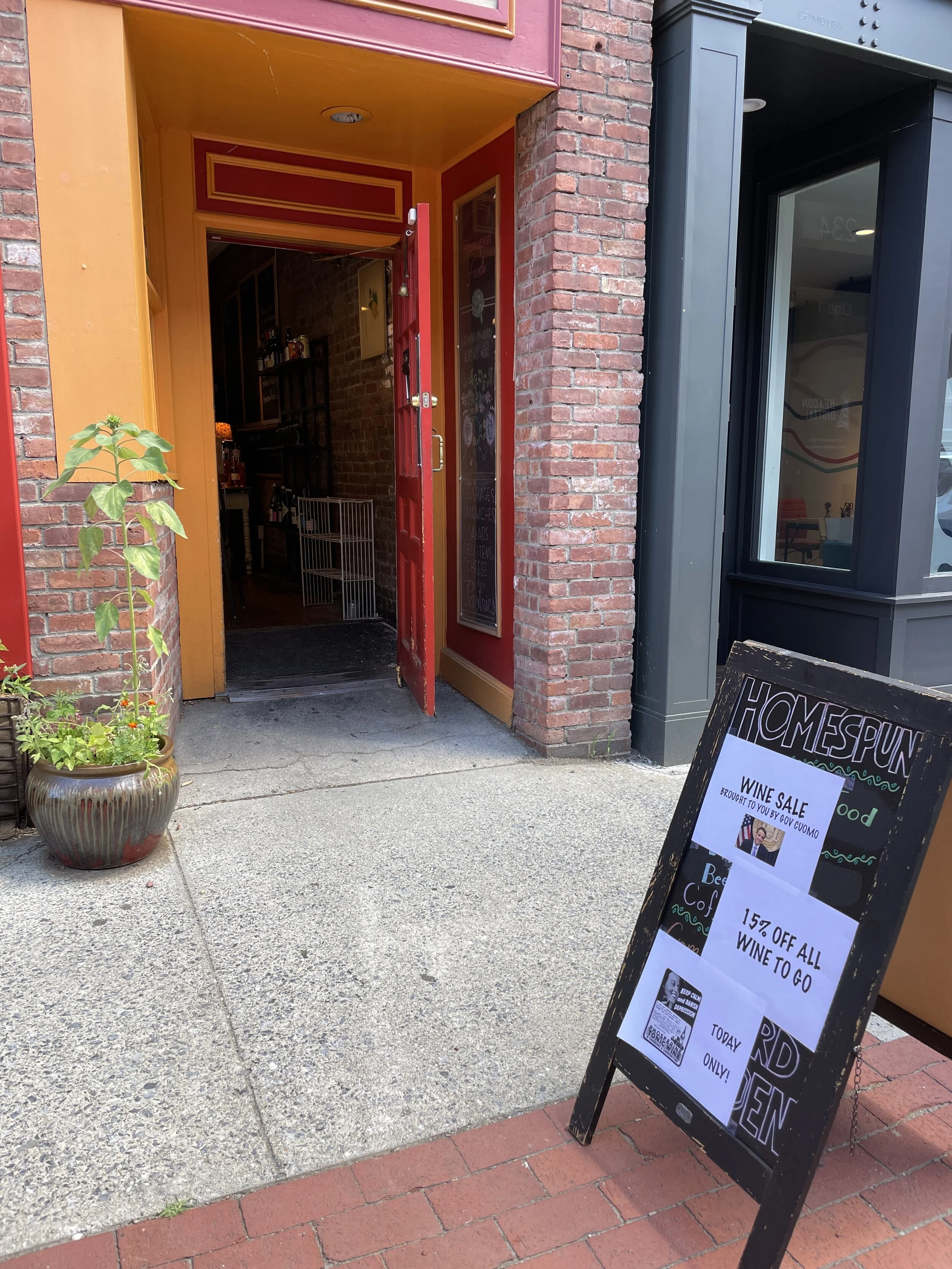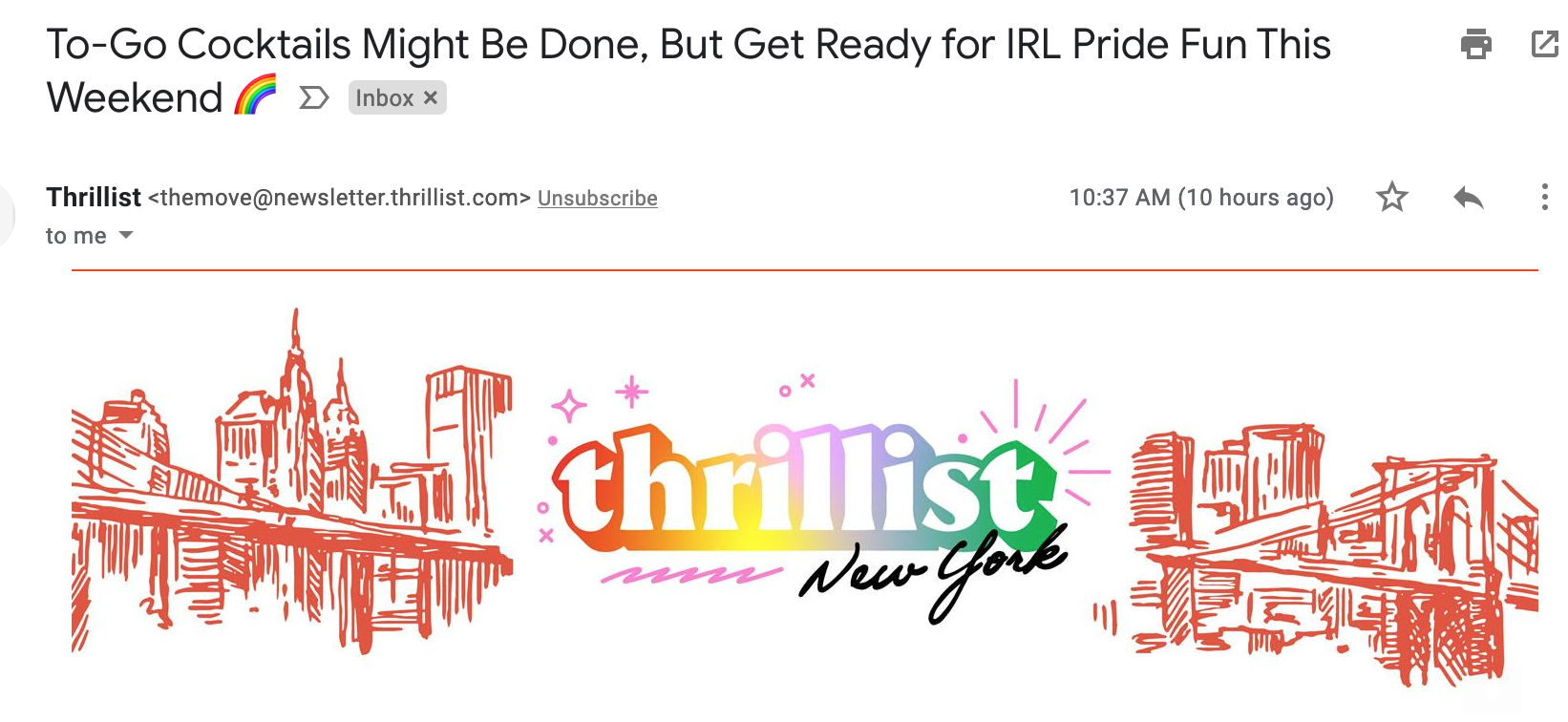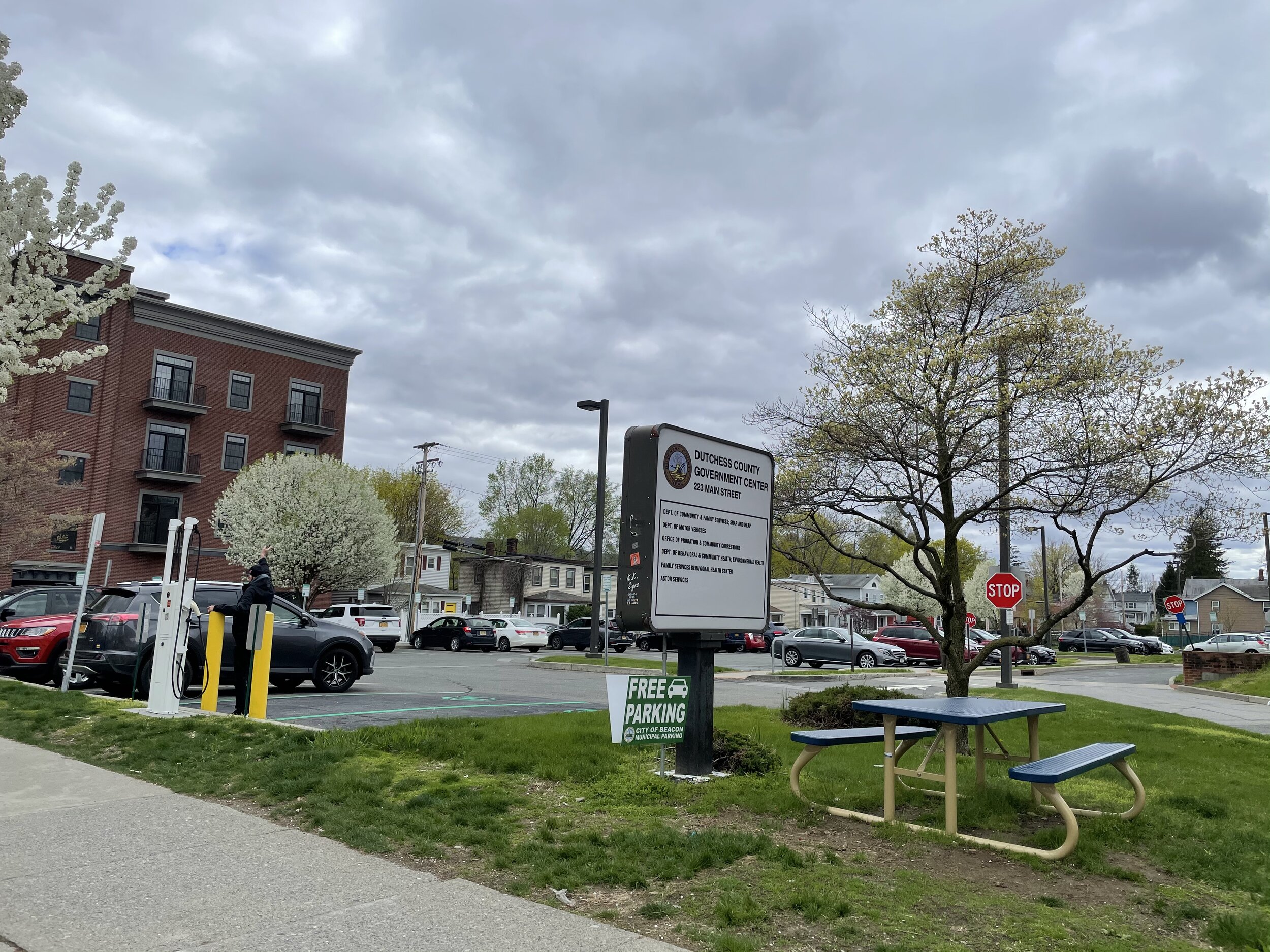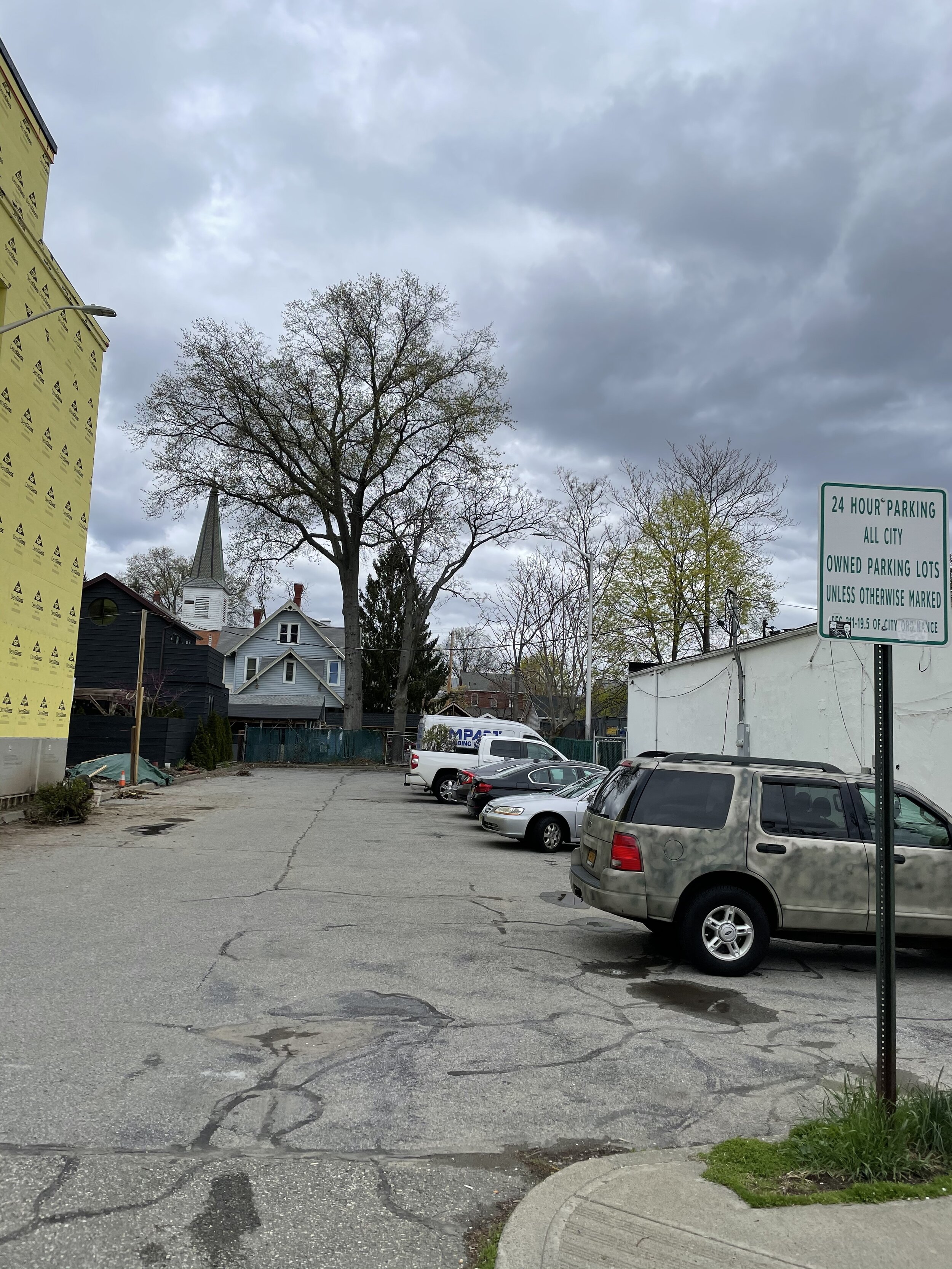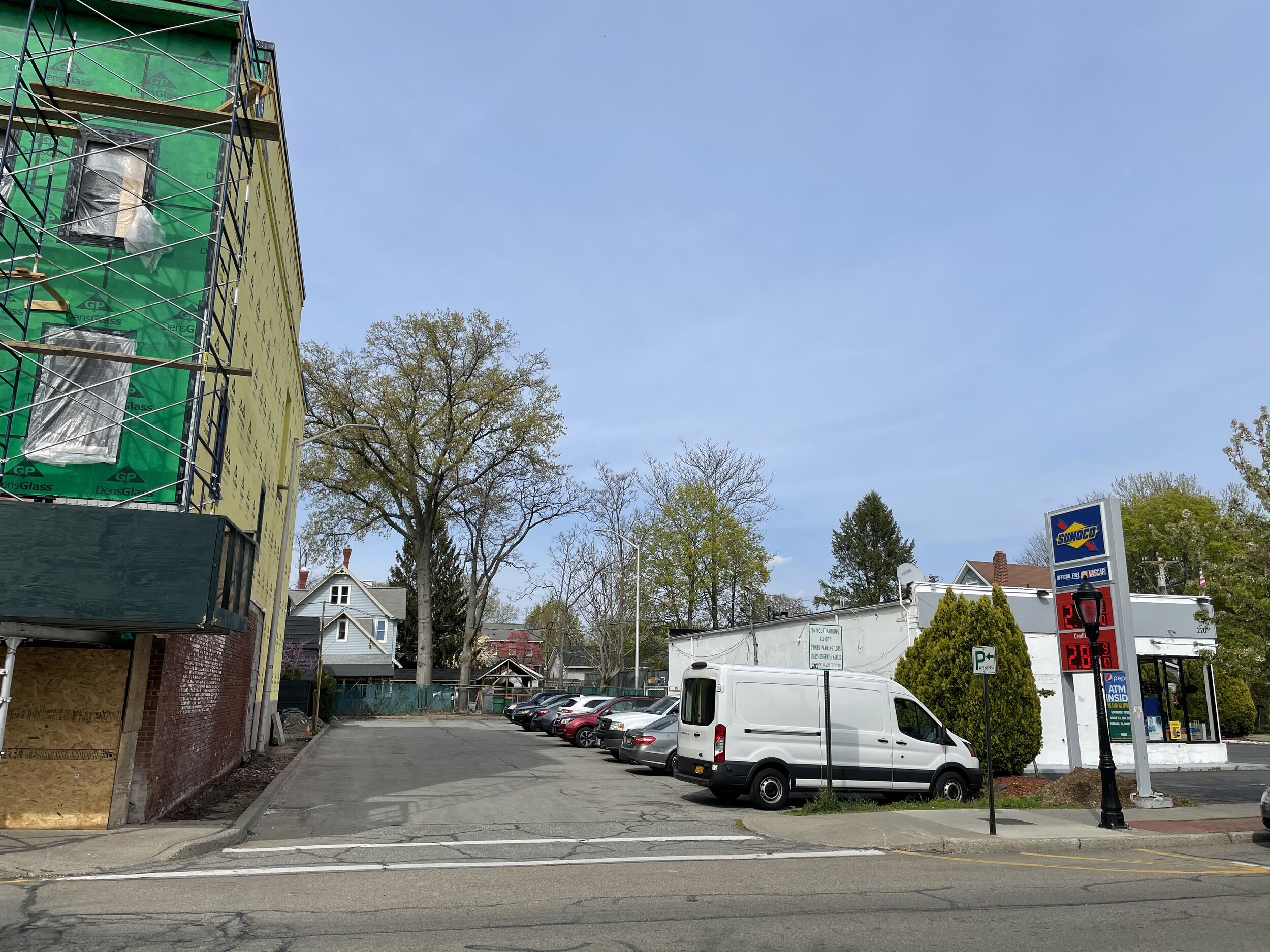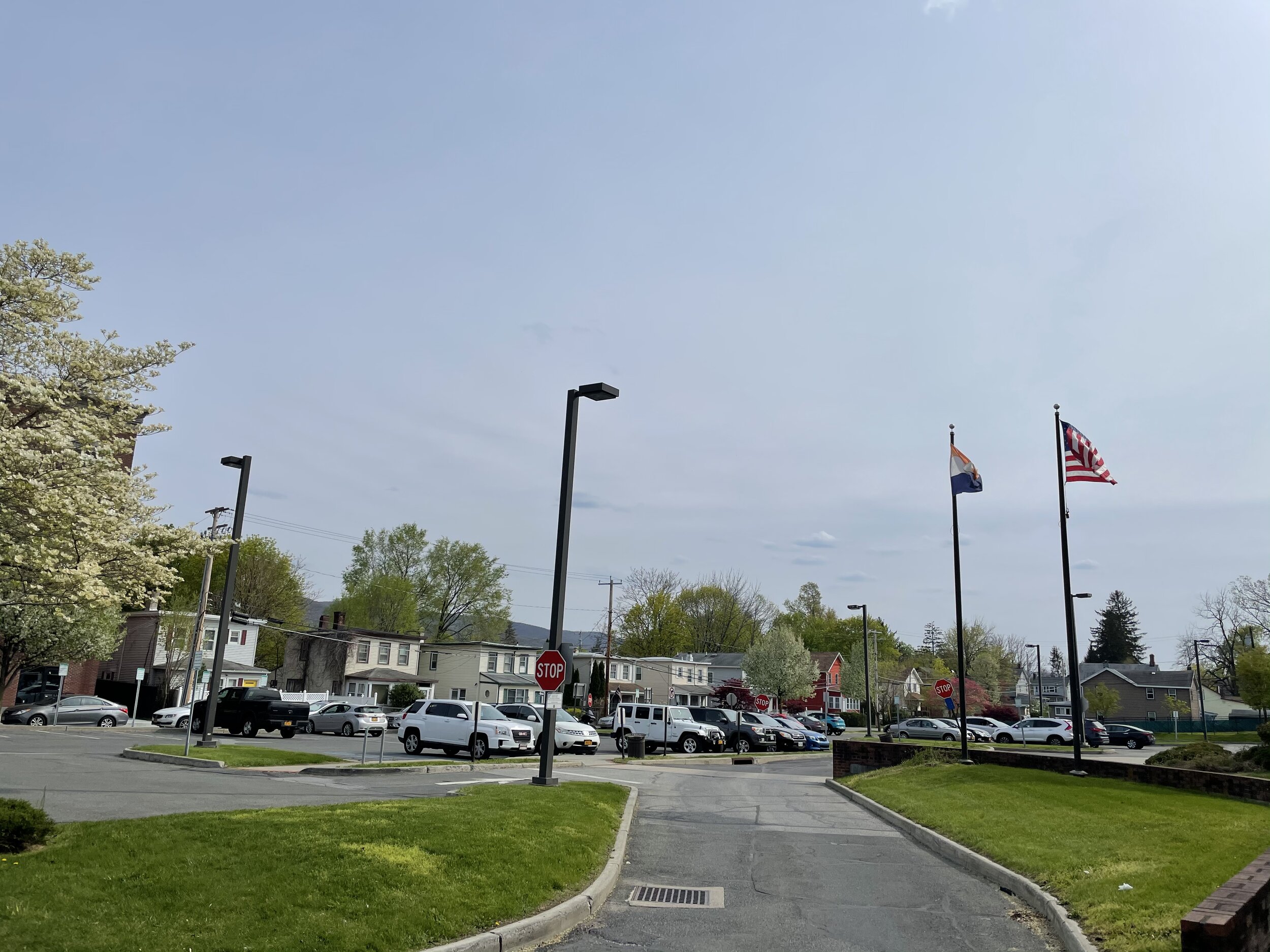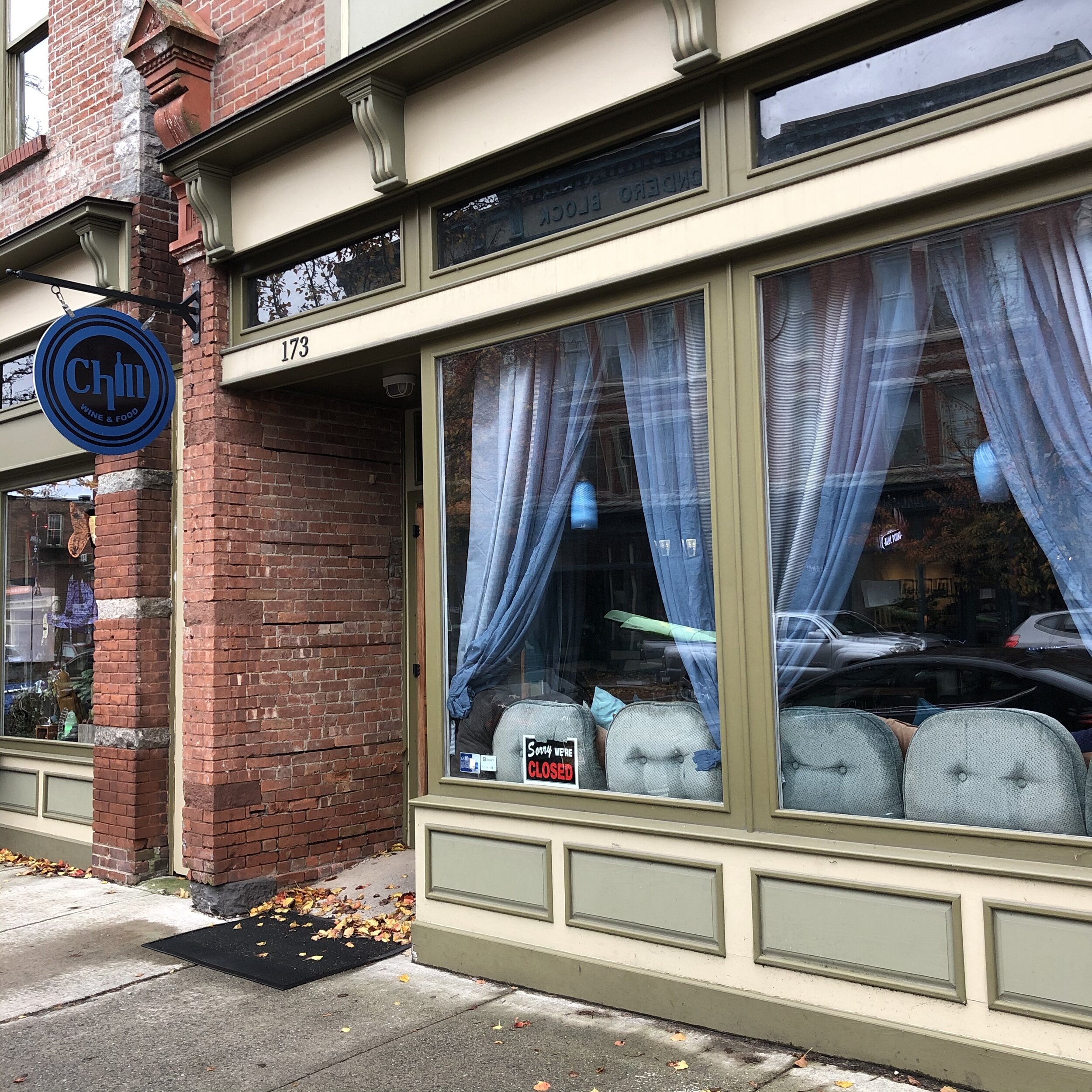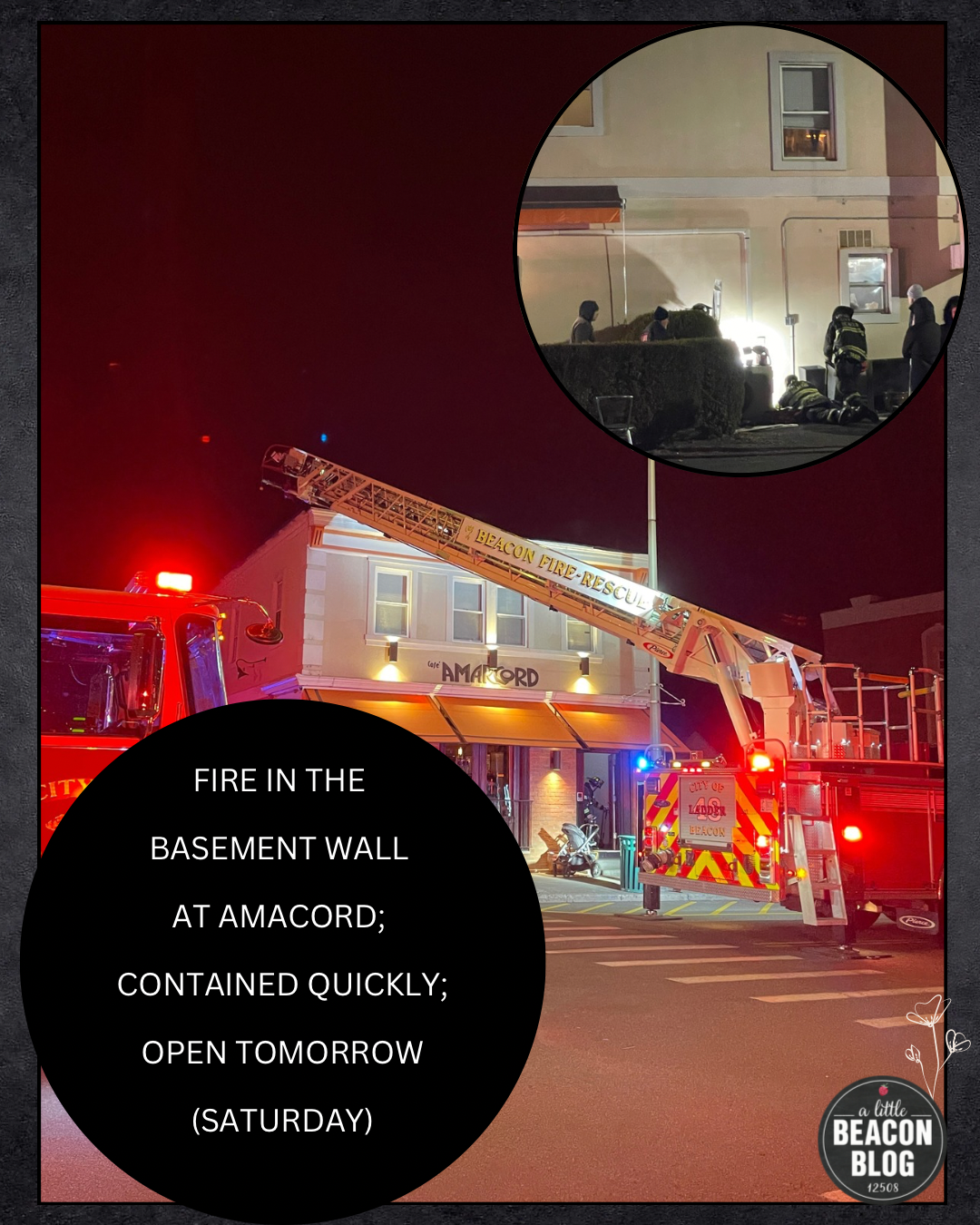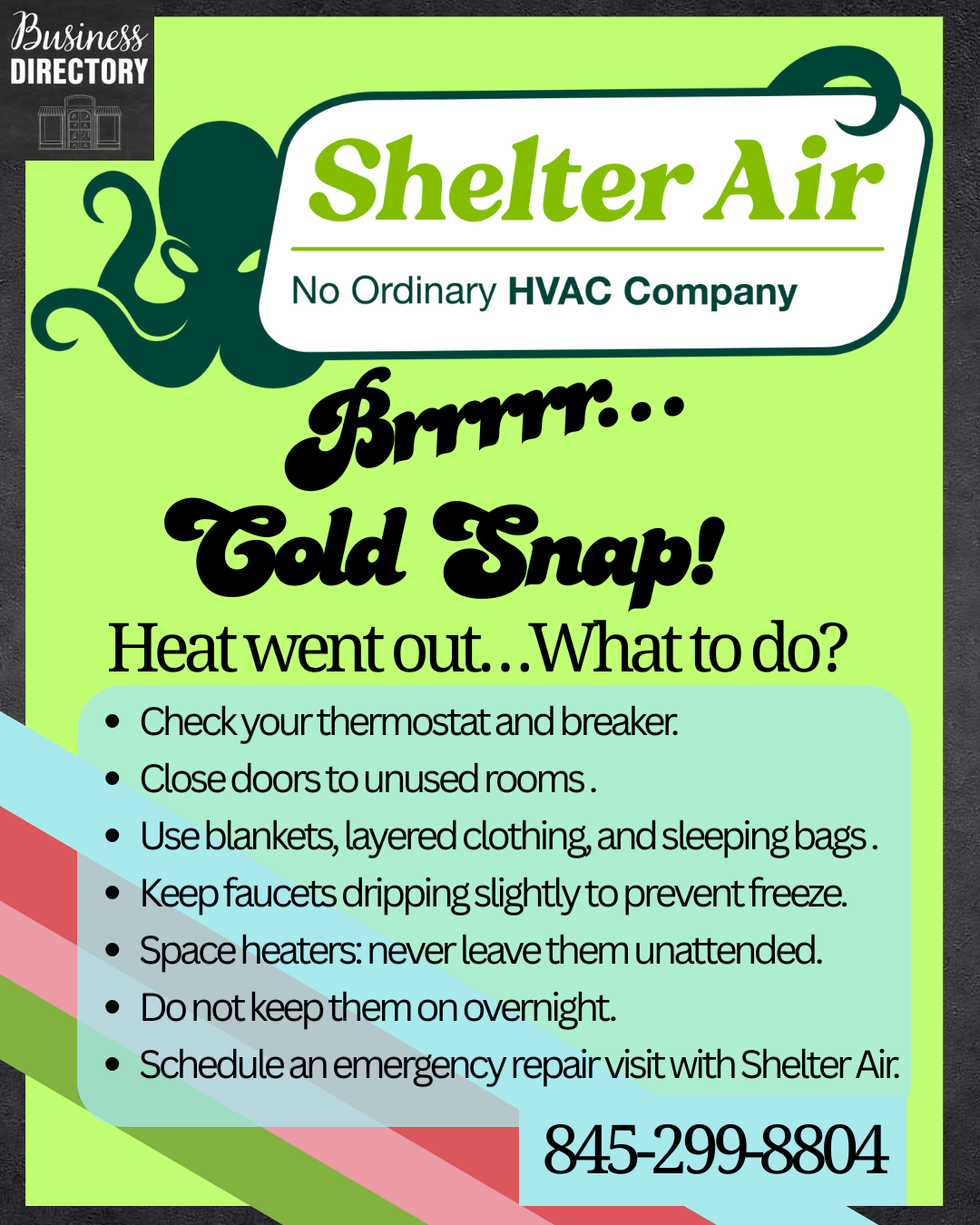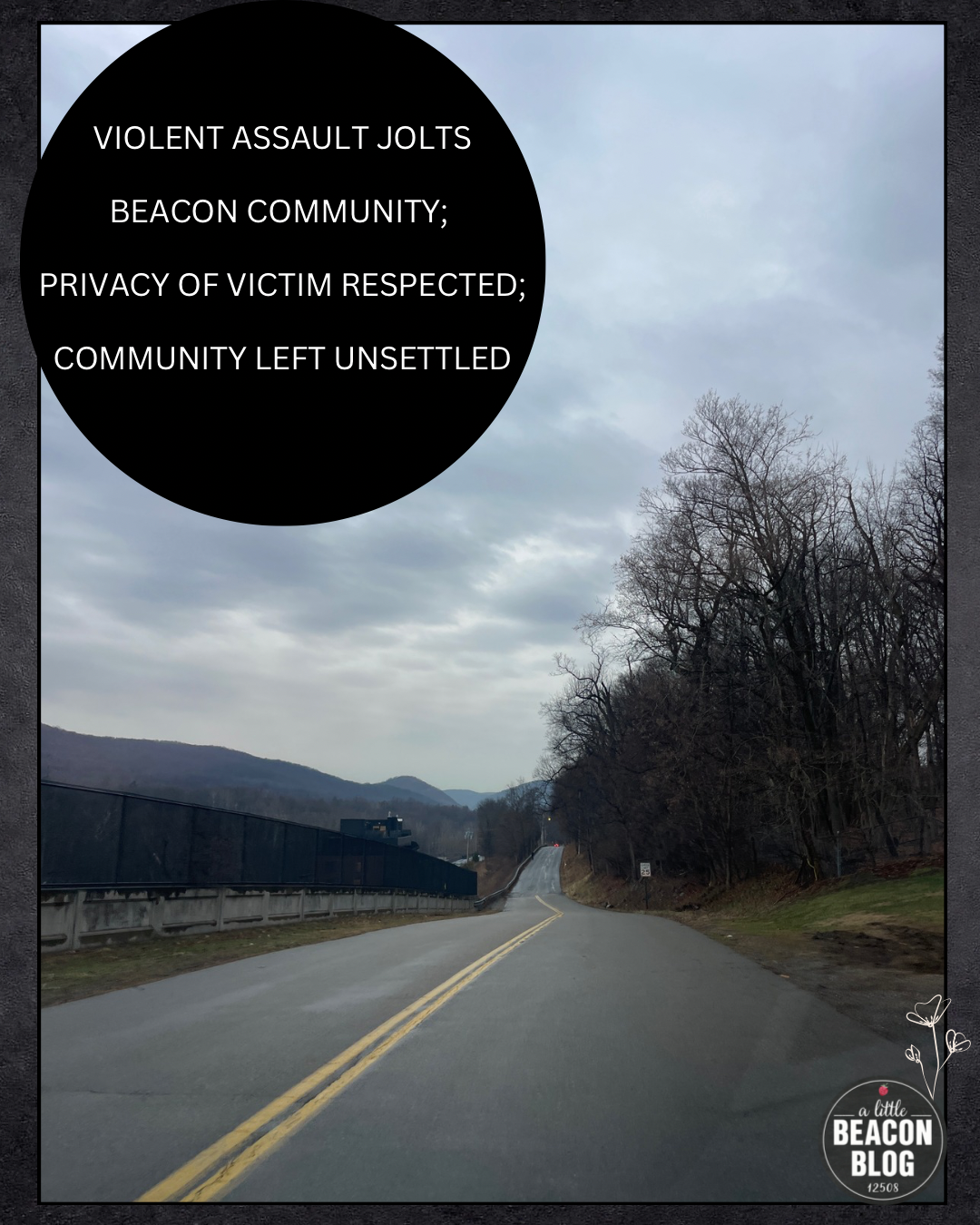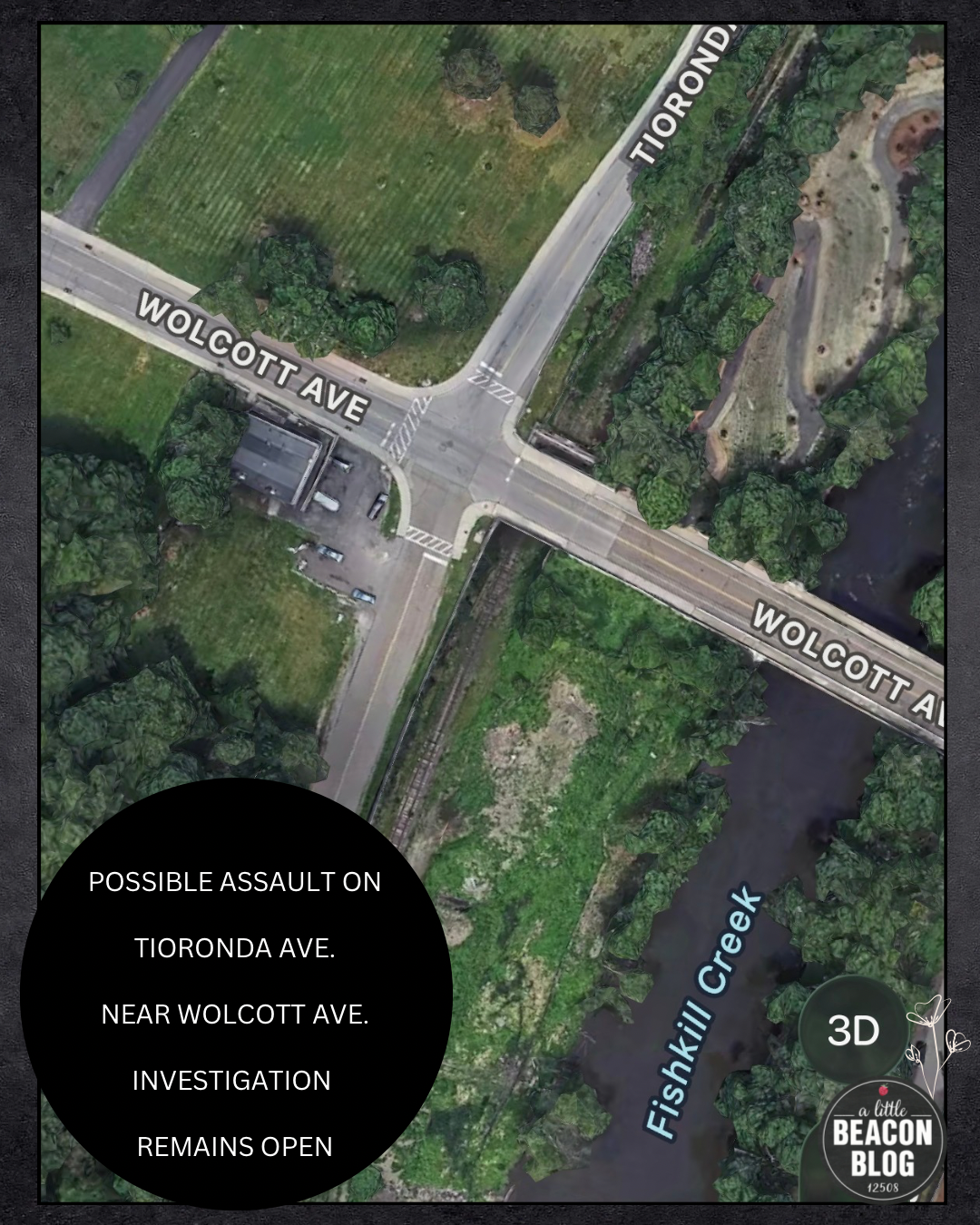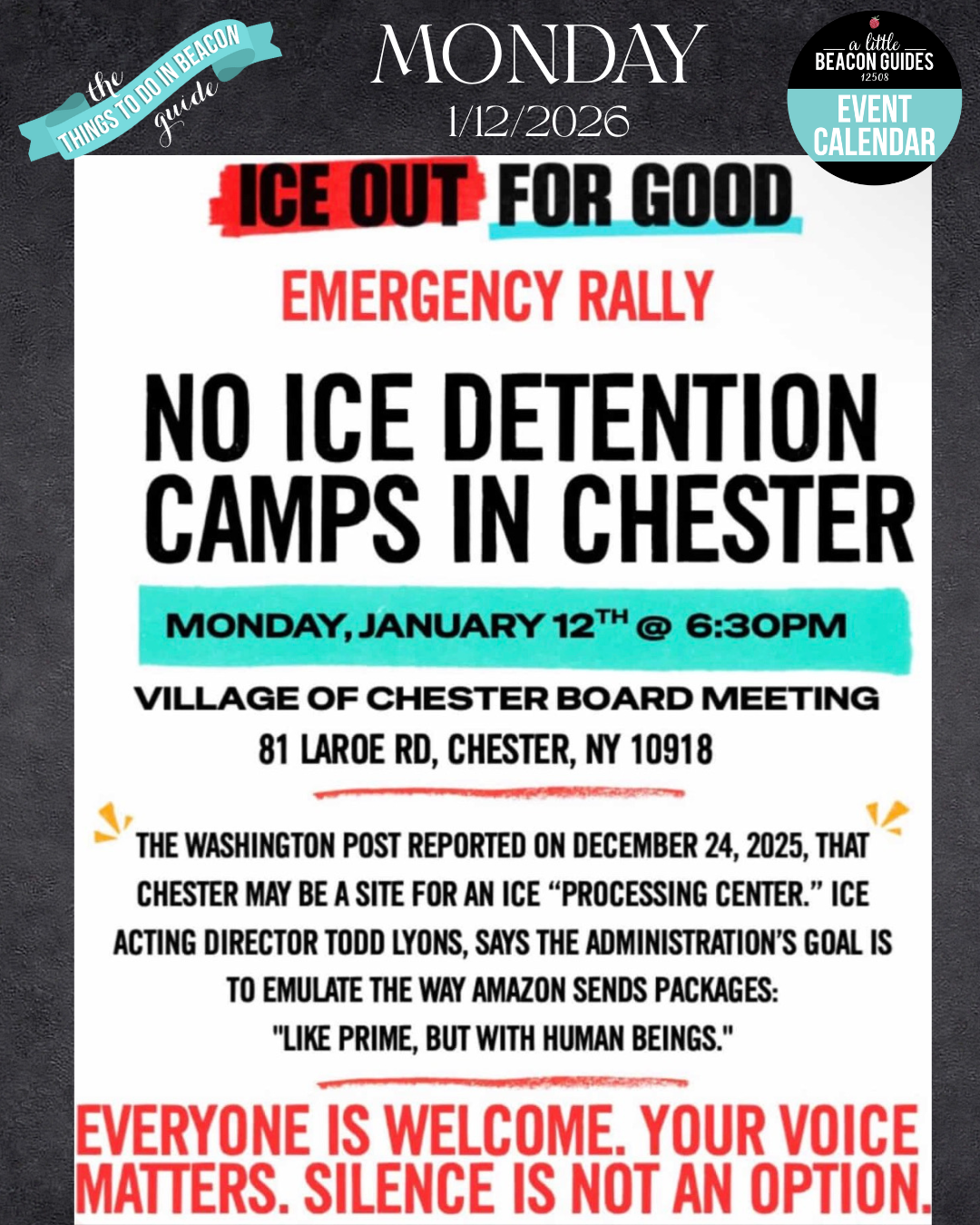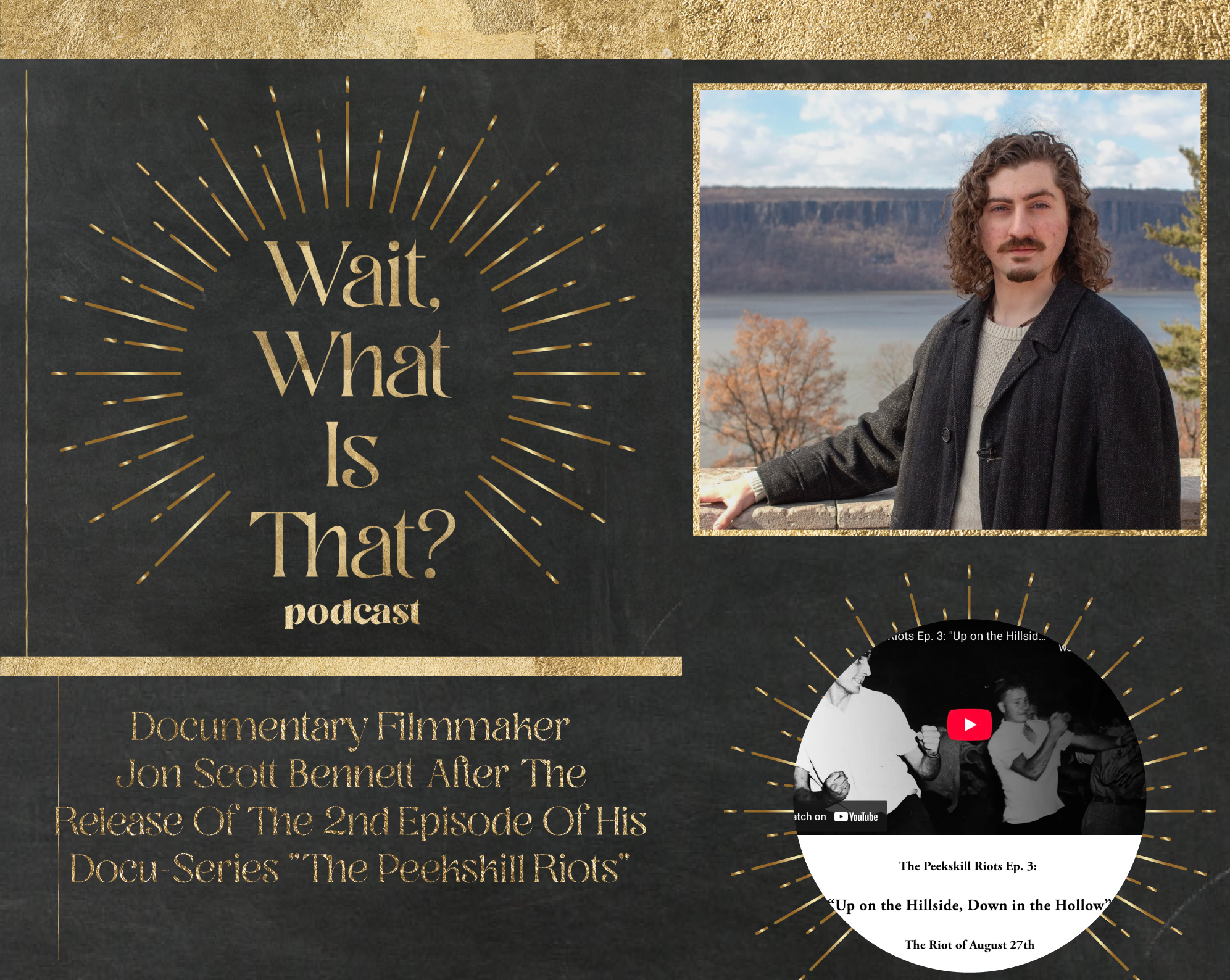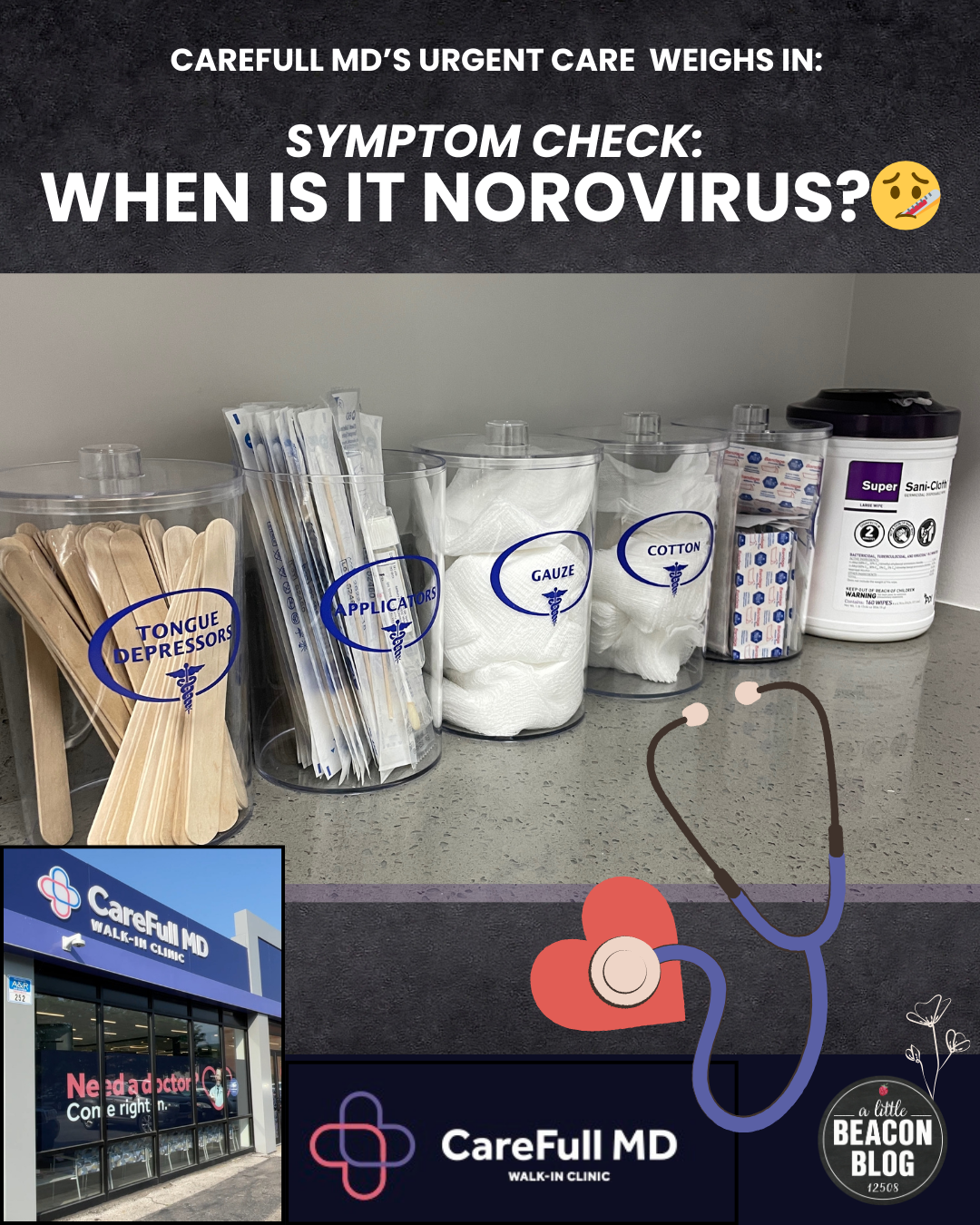Back at Homespun, as Joe taped his Cuomo-inspired 15% off sign to his sidewalk board, hoping to sell as many bottles as he could in 24 hours, he mused: “Massachusetts just last week announced that they would extend these measures through March 2022 to give restaurants and bars a chance to recover.”
Indeed, Massachusetts did extend, but this was after vocal opposition from trade groups representing liquor stores. As reported by CNBC, “Robert Mellion, executive director and general counsel of the Massachusetts Package Store Association, wrote in a Boston Herald column that altering alcohol laws would impact public safety and hurt brick-and-mortar retailers. On Wednesday (May 26, 2021), the Massachusetts Senate rejected extending the cocktails to-go program, which [was] set to expire on June 15.”
Just a week and a half later, on June 8, Massachusetts reversed course and extended alcohol-to-go until March 2022. And they aren’t alone: 38 states in the nation have extended their alcohol-to-go privileges, according to Food and Wine. So far, 11 states have made their pandemic-inspired privileges permanent, with Texas and Florida being the latest to sign permanent legislation, according to the Distilled Spirits Council as reported by Food and Wine. Other states offering permanent alcohol-to-go sales include Iowa, Ohio, Kentucky, Wisconsin, Montana, Arkansas, West Virginia, Georgia, and Oklahoma, as well as the District of Columbia.
Extending The Law Was Tried In New York, But No Answer
In March 2021, an attempt to prolong alcohol-to-go was made by Assemblywoman Patricia Fahy, who sponsored Bill A3116 to lengthen alcohol-to-go services for 2 years. According to News10, restaurants supported the extension, but Fahy said there had been pushback from liquor stores and distributors. According to The New York Times, blame was put on the Legislature: “The Legislature failed to codify the ability of restaurants to offer alcohol to-go,” New York State’s Liquor Authority said in an emailed statement to The New York Times, referring to legislation to extend the takeout alcohol that state lawmakers did not act on before their session ended this month (June). Lawmakers return in January 2022.
Who Is To Blame, Anyway? How Does The Law Change?
Said Joe of Homespun, as he added the words “Cinderella Sale On Wine! Ends At Midnight!” to an Instagram post: “The Governor and Legislature did not seem to consult with any meaningful group of independent restaurants on their decision, because if they had, there would have been chatter and anxiety about this in the weeks leading up. But it was like turning off a light. Sudden.”
The state legislature would have needed to make the change with a bill, which was proposed and died. Governor Cuomo had been extending the alcohol-to-go privilege every 14 days. Could he have made the alcohol-to-go rule permanent? Was the blame entirely with the legislature? Dutchess County Executive Marcus Molinaro does not think so. He explained to A Little Beacon Blog: “What the New York State Liquor Authority is saying in that New York Times quote is: If the governor advised the Legislature that the order was going to be rescinded, and wanted the state Legislature to do that, he would have done that. This is as much the fault of the Administration as it is the Legislature. If they both wanted it to happen, it would have happened. The Governor would have told them: ‘You’ll want to consider this local law, because ultimately, I'm going to rescind.’ There has been so much delay on the lifting of the State of Emergency, the Legislature may have gone on recess because they didn't think a sunset would happen yesterday. But they are in the same building. This email statement from the New York State’s Liquor Authority implies they are on different planets. But in fact, they are in the same building.”
Melissa Fleischut, president of the New York State Restaurant Association, shares the sentiment, about how legislation supported by 78% of New Yorkers - that Bill A3116 from Assemblywoman Patricia Fahy - failed to pass. Melissa told Eater: “Only in New York would elected officials ignore an overwhelming majority of the public.” Eater observed: “…legislation has reportedly been tied up by lobbyists, who claim wine and liquor businesses — coming off one of their best years in recent history — are losing money to restaurants and bars offering booze to-go.”
Would Wine Bottles Sold In Restaurants Impact Neighboring Wine and Liquor Stores?
With the several of the same beer brands sold in neighboring gas stations in Beacon and other towns, and a growing selection of craft beers at that, it is hard to say how increased competition would fare. Oftentimes, wines sold in restaurants are carefully picked, almost obsessively chosen and researched brands, as they are in boutique wine stores. Owners have to pine for each case they buy, because quantities are limited. The same can happen with craft beers that are produced in small batches.
In Beacon, the wine store and restaurant owners are pals. Steve Ventura, owner of Dirty Bacchus, Beacon’s newest highly niche wine store with bottles from far corners of Etruscan regions, still buys wine from Joe’s collection at Homespun.
“I support Joe for many reasons,” Steve told A Little Beacon Blog. “Not least because of all the hurdles that have been raised in front of his project since the beginning. From all the construction around him to COVID-19. So my feelings about this are specific to Homespun and not general statements. Joe is also a big supporter of other businesses in the community, so it is important for the community to support him. We, Beacon, need him to succeed, even if it pulls a little business from my bottom line for awhile.”
Proof In The Profit Of Cocktails-To-Go: POOF, Bye Bye
“Hard liquor is the most profitable thing in a restaurant,” said Brianne McDowell, a Beaconite and career manager of a boutique hotel servicing many celebrities in New York City, until she was laid off during the pandemic, losing her benefits and health insurance for her family that includes an elementary school student. During her career, she has been part of opening and training teams for new restaurants in many cities, including Las Vegas, Los Angeles, New York City, and Miami. Now she takes gigs filling in as a General Manager as favors for friends who can’t find anyone to hire during the current hiring climate, where people are demanding better pay and benefits from the hospitality industry. With her own career in transition, she is stepping into a consulting role to give her more flexibility than her previous hotel and restaurant life.
“One or two drinks can pay for an entire bottle for the most part,” estimates Brianne. “For the entire bottle, a bartender can pour 16 drinks from it. Depending on the practices of each establishment, it’s typically 1.5 ounces of liquor for a mixed drink and about 3 ounces for martinis. So you have a bottle of vodka that cost the business owner about $12. They turn around and charge $12 for a drink (definitely Beacon prices). The bottle is pure profit from there. You’re paying for rent, labor, supplies, etc. when you buy a drink. To-go drinks were helping 100%.”
Brian Arnoff, owner of Meyers Olde Dutch and Kitchen Sink across the street, who has become known for specialty cocktails, is disappointed by the decision. “I am definitely disappointed that they are not continuing this policy. It will have some impact on our business. Personally I think it only proved that we should have much less restrictive policies around selling alcohol, businesses should be able to try new and creative approaches to serving their customers, business owners should be left to decided what works for them (obviously as long as they’re meeting basic standards like not selling to minors/paying taxes etc). One caveat, which again proves the point, is most licenses holders can continue and always could sell beer to-go, which again makes no sense. Why beer and not wine? That being said, I am not surprised, hopefully the legislature will take another look at this and consider making adjustments to these rules.
Restaurants Left With Inventory, And Consultants Needing To Pivot Again
Hudson Valley Food Hall spun like a top through the economic shutdown. Having signed on new food vendors right when the pandemic hit, owner Marko Guzijan did everything he could every day to stay afloat. After the 24-hour notice, he hit a fresh wall, telling A Little Beacon Blog: “I have about 200 canned cocktails that I can no longer sell to-go. So I paid to create, can and label cocktails that I will now get bartenders to open at the bar, and pour into a glass.”
The canned cocktail company was a pandemic baby. “The guy who created the canned cocktail company was a wine rep who lost his job during the pandemic and created this company to try and pivot to support himself. He’s now completely screwed.”
POS (Point of Sale) systems took off during the pandemic, to make ordering food easier and contact-less. Marko made such an investment. “The Food Hall recently signed up for a POS system where customers can order from all vendors at once (paying one bill) and pick up or get Door-Dash to deliver. This was a shared cost that was mostly supported by the bar (The Roosevelt Bar is the bar in the back of the food hall). What is the point of the bar picking up the tab of this new system if they can’t sell to-go drinks?”
Marko isn’t stopping there. He’s been reaching out to lawmakers. “I want politicians held accountable for this. I want anyone who doesn’t support the extension of the to-go drinks out of office. I spoke with Senator Serino and she said she supports the extension, but they are out of session and the Democrats didn’t want to pass the bill. I spoke with Jacobson’s office and they said they would get back to me (and they did but I missed the call, I’ll call them back). I called the Governor’s office but didn’t get through (I’m planning to email). I want to contact the Assemblyman in Fishkill to find out where he stands. I want names of the politicians who failed (once again) the restaurant/bar industry and I want them held accountable.”



